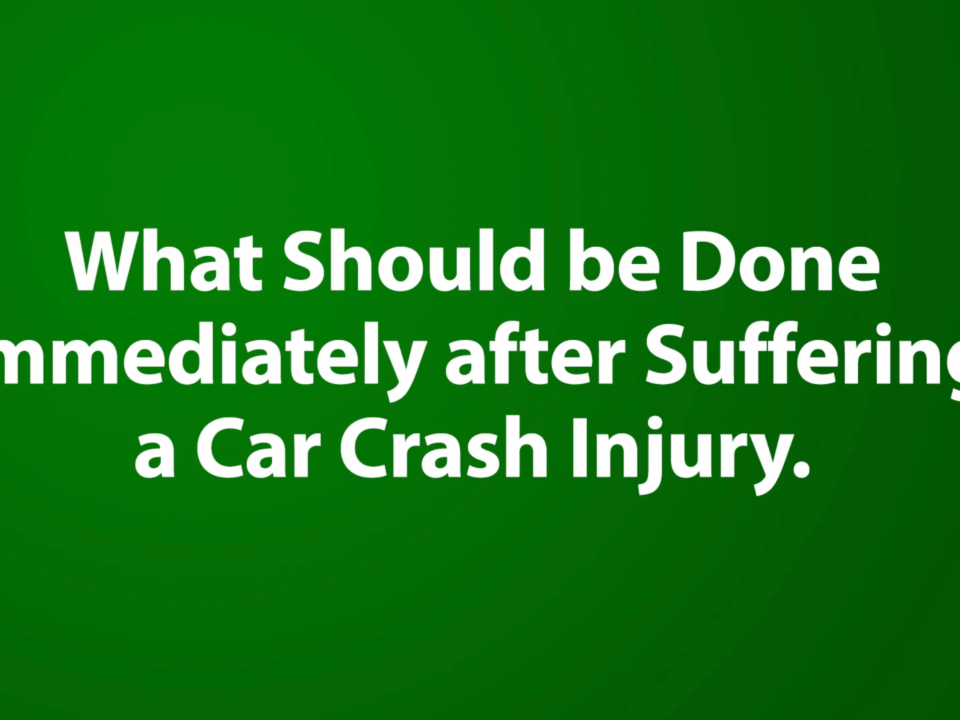Although drunk driving is no doubt a very serious problem, another deadly habit is proving to be even more widespread: drowsy driving. According to NHTSA’s National Motor Vehicle Crash Causation Study (NMVCCS), drowsy drivers involved in a crash are twice as likely to make performance errors as compared to drivers who are not fatigued.
Drowsy driving is operating a motor vehicle while cognitively impaired by lack of sleep. According to the U.S. Centers for Disease Control and Prevention (CDC), drivers who get less than six hours of sleep are more likely to pay less attention to the road, react more slowly when forced to brake suddenly, and make bad driving decisions that may lead to an accident.
According to data compiled by the National Sleep Foundation, drowsy drivers are primarily:
- Young people, particularly males under 25 years of age.
- Business travelers, who spend many hours on the road, or suffer from jet lag.
- People with undiagnosed or untreated sleep disorders, who are seven times more likely to fall asleep at the wheel.
Other motorists who are at-risk for having an accident related to drowsy driving include commercial drivers, including tow truck operators, truckers, and bus drivers, as well as shift workers and motorists who drive while taking sleep-inducing medications.
Preventing Drowsy Driving
One of the best ways to help prevent drowsy driving is to plan ahead by:
- Getting a good night’s sleep – between 7-9 hours per night for adults an 8 ½ – 9 ½ for teens – before hitting the road.
- Scheduling regular stops every 100 miles (or two hours).
- Switching drivers, if someone more alert is traveling with you.
When you’re feeling drowsy, consider simply pulling over to take a 20-minute nap. Those 20 minutes could be what stands between you and a serious accident.
If you’ve been injured in an accident with a drowsy driver, contact a personal injury lawyer at O’Keeffe O’Brien Lyson Attorneys online or call 701-235-8000 or 877-235-8002 (toll-free) today.
Image courtesy of Pexels.




